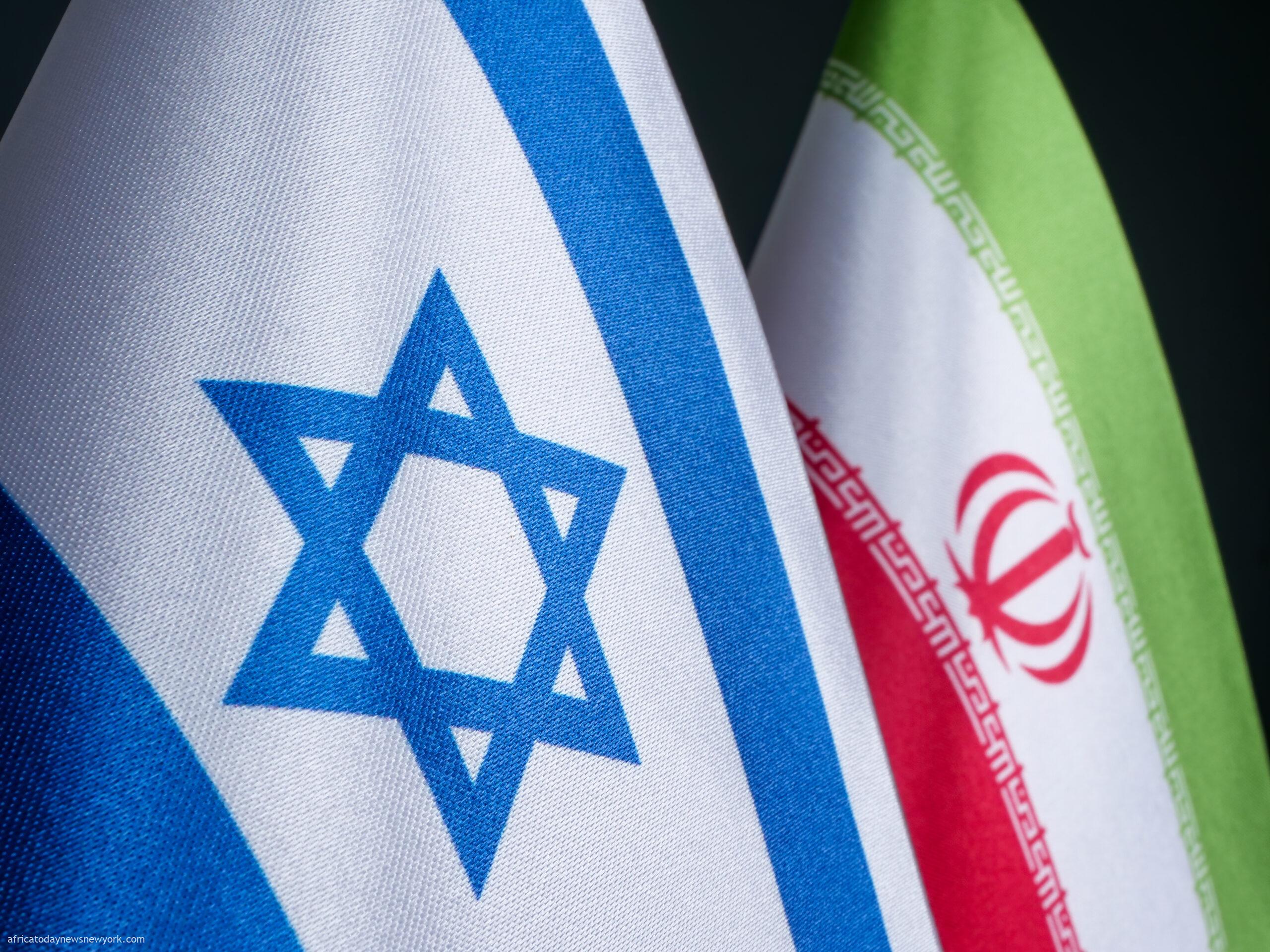The drums of war in the Middle East are beating louder, and the global economy is holding its breath, awaiting further development.
Oil prices have skyrocketed, with Brent crude jumping 1.8% to $88 a barrel, while gold prices briefly flirted with record highs, hovering around $2,400 an ounce.
The catalyst? US officials confirmed an Israeli missile strike on Iran, sparking fears of a full-blown conflict that could disrupt global oil supplies.
Investors are on high alert, closely watching the escalating tensions between Israel and Iran. The recent drone and missile attack on Israel has raised concerns about a potential retaliation, which could have far-reaching consequences for the global economy. Oil prices initially surged by 3.5%, but gains were tempered after Iranian state media downplayed the damage.
The impact of sustained oil price hikes could be devastating, fuelling inflation and exacerbating the already-high cost of living worldwide.
Randeep Somel, a fund manager at M&G Investment Management, warned that this could add to inflationary pressures, which are already a major concern for policymakers. In the UK, inflation remains above the Bank of England’s 2% target, casting doubts on potential interest rate cuts.
“In the UK, the inflation rates is still around 3.2% – still someway off the target – and it is becoming a bit of a concern for policy makers,” said Mr Somel.
Read also: We’re Not Interested In Escalation Of Middle East Crisis – US
“It is good to see that this hasn’t escalated any further and that hopefully the disruption to markets is short-lived.”
Gold, often seen as a safe-haven asset, has benefited from the uncertainty, with its price rising as investors seek refuge from the turmoil. The Strait of Hormuz, a critical shipping route for global oil supplies, is also under scrutiny, with concerns about potential disruptions to oil shipments.
The situation is precarious, with the world’s seventh-largest oil producer, Iran, at the center of the storm. The oil producers’ cartel OPEC, which includes Saudi Arabia, Iran, the UAE, Kuwait, and Iraq, is also on high alert, as most of its oil exports pass through the Strait of Hormuz.
Energy market expert Vandana Hari described the initial oil price spike as a “knee-jerk reaction to fears of a renewed escalation of warfare between Israel and Iran.” She emphasized that the situation highlights the “heightened fragility and volatility” in the region.
“What the latest events underscore is the heightened fragility and volatility in the Mid East situation,” she added.
Global stock markets have reacted nervously, with the FTSE 100 and FTSE 250 indices in the UK falling by 0.4% and 0.8%, respectively. In Asia, Japan’s Nikkei 225 index plummeted 2.7%, while Hong Kong’s Hang Seng dropped 0.9%.
As the situation continues to unfold, investors and policymakers are holding their breath, hoping for a swift resolution to the conflict and a return to stability in the global markets.

